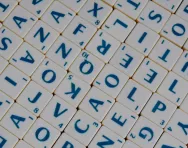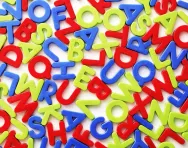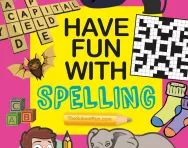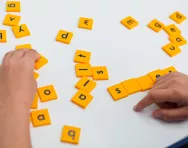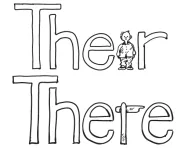Important update from TheSchoolRun
For the past 13 years, TheSchoolRun has been run by a small team of mums working from home, dedicated to providing quality educational resources to primary school parents. Unfortunately, rising supplier costs and falling revenue have made it impossible for us to continue operating, and we’ve had to make the difficult decision to close. The good news: We’ve arranged for another educational provider to take over many of our resources. These will be hosted on a new portal, where the content will be updated and expanded to support your child’s learning.
What this means for subscribers:
- Your subscription is still active, and for now, you can keep using the website as normal — just log in with your usual details to access all our articles and resources*.
- In a few months, all resources will move to the new portal. You’ll continue to have access there until your subscription ends. We’ll send you full details nearer the time.
- As a thank you for your support, we’ll also be sending you 16 primary school eBooks (worth £108.84) to download and keep.
A few changes to be aware of:
- The Learning Journey weekly email has ended, but your child’s plan will still be updated on your dashboard each Monday. Just log in to see the recommended worksheets.
- The 11+ weekly emails have now ended. We sent you all the remaining emails in the series at the end of March — please check your inbox (and spam folder) if you haven’t seen them. You can also follow the full programme here: 11+ Learning Journey.
If you have any questions, please contact us at [email protected]. Thank you for being part of our journey it’s been a privilege to support your family’s learning.
*If you need to reset your password, it will still work as usual. Please check your spam folder if the reset email doesn’t appear in your inbox.
Expert spelling tips for KS1 and KS2
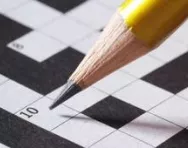
Few people are more enthusiastic about spelling than Clare Winstanley. She shared her expertise with TheSchoolRun forum members in our webchat. Here are some of the highlights:
What do you think of kids using text speak?
That's a really good question! Some of my students have become less self conscious about their spelling ability since being able to spell phonetically in text speak. Spelling is often a matter of confidence. Most of my dyslexic students have low self-esteem because they feel they are rubbish at spelling.
Personally, I wouldn't discourage your child using text speak as they will become 'fluent' at writing and will feel at ease with it. But I would ensure they know that they will have to use 'proper' spelling in their school work.
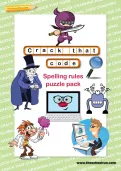
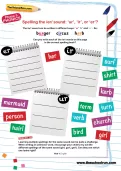
Claim FREE Spelling Resources Today
- Spelling workbooks
- Step-by-step programme
- Spelling test packs
- 100s of worksheets & games
If there is a word they tend to spell incorrectly regularly, because of text speak, such as 'hav', perhaps you could encourage them to spell that word correctly in their text messages for a week. Using text speak positively, you could encourage them to count the syllables in long words and make sure each syllable is present in text form. This will help them in their school work when they are spelling polysyllabic words.
Are there specific common words that are misspelt most often?
I think the 'ght' combinations, as in 'straight', and the 'ugh' words, including 'thought', 'through', 'although' etc are tricky. I teach 'Ten Tough Words' as a package, representing them in different media. For example, I have letters cut out of leather for 'tough', bubblewrap letters for 'thought', corrugated cardboard for 'through' and sandpaper letters for 'rough'.
Common words that seem to be spelt incorrectly the most in my experience are 'their', 'who' and 'watch'.
What do you think about the use of mnemonics for difficult words?
I love mnemonics and acrostics but they can cause problems sometimes! I used to teach 'because' with 'Big Elephants Can't Always Use Small Entrances' until I realised that 'always' sounds as though it could be spelt with 'or' at the beginning! So I now use 'Big Elephants Can Add Up Sums Easily'.
It's important to learn an acrostic thoroughly. I ask lots of questions to reinforce it. For example, for spelling ‘colour’ I use, ‘Carry Old Ladies Over Uneven Roads.’ So I might ask:
- Where do you carry old ladies? Answer: Over uneven roads.
- Who do you carry over uneven roads? Old Ladies.
- What are these roads like? Uneven.
- So, what is the whole acrostic? Carry old ladies over uneven roads.
- How do you spell ‘colour’?
With practice, a child should realise when it is spelt ok! If not, devise an acrostic or mnemonic of their own as that gives them ownership of the spelling and they are more likely to remember it.
Find out more about Spelling Made Magic.
